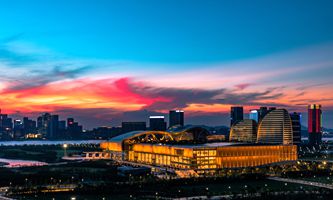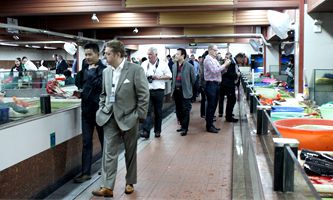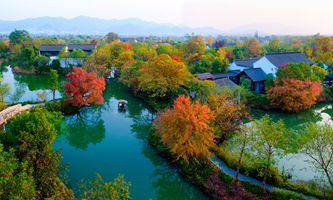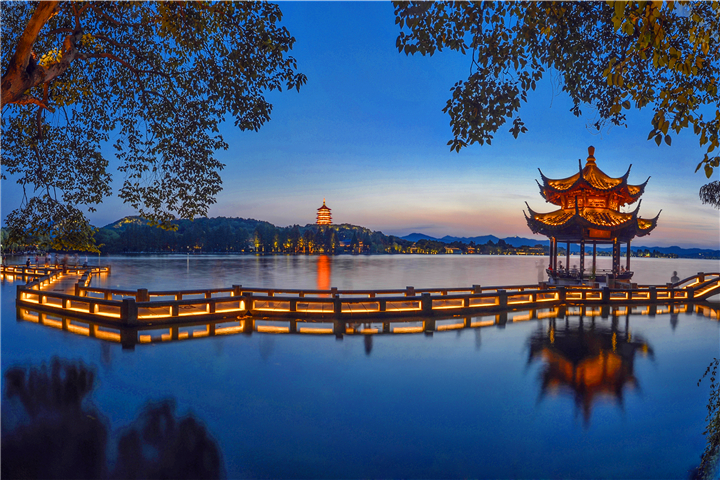Hangzhou Chengxi Technology Innovation Industry Cluster
Hangzhou Chengxi Technology Innovation Industry Cluster is located in the west of downtown Hangzhou and is one of 15 provincial-level industry clusters of Zhejiang. Covering an area of 302 sq km, it governs the Qingshan Lake Science and Technology City and Hangzhou Future Sci-Tech City (Overseas High-Level Talent Innovation and Entrepreneurship Base). The former is a provincial-level innovation base for scientific research institutes and the latter is included in the Top 4 talent bases in China.
As an important part of the Hangzhou National Independent Innovation Demonstration Zone, the cluster is home to a group of industry giants, such as tech and e-commerce giant Alibaba Group, high-end manufacturers Hangyang Group, Hangcha Group and focuses on the incubation of industries involving bio-medicine, energy conservation and environmental protection, and scientific services.
In 2016, its fixed asset investment reached 36.69 billion yuan ($5.72 billion), up 23.8 percent year-on-year; the service industry revenue amounted to 215.28 billion yuan, up 45.1 percent year-on-year; the area paid 78.2 billion yuan in tax, up 46.5 percent year-on-year.
It also houses 56 universities and research institutes, including Hangzhou Normal University, Zhejiang Agriculture and Forestry University, the University of Hong Kong’s Zhejiang Institute of Research and Innovation, the Zhejiang branch of Chinese Academy of Sciences’s Changchun Institute of Applied Chemistry, and Hupan College, which was founded by Jack Ma with seven other entrepreneurs and distinguished scholars to nurture the country's next generation of entrepreneurs.
There are 20 academician and post-doctoral workstations and 257 high-tech firms in the area.
The area is among the first demonstration zones for talent introduction in Hangzhou and a special zone for talent introduction with policy support from the provincial, municipal and district governments.
More than 2,600 overseas high-level professionals, including 120 under China's 1000 Talent Plan, a national talents recruitment program, 165 under the provincial 1000 Talent Plan, 25 academicians of the Chinese Academy of Sciences and Chinese Academy of Engineering, and five academicians from abroad.
It hosted over 300 events to promote innovation and entrepreneurship, attracting more than 80,000 visitors in 2016, which was reported by domestic mainstream media outlets, including People’s Daily, CCTV as well as local media. About 80 media outlet from home and abroad reported the Dream Town, Hangzhou's entrepreneurial cluster in the area during the G20 Summit in Hangzhou in 2016.




